What are 'super tides' and why are we seeing them in 2015?
Rare astronomical alignment means high tides will be higher than usual at certain times this year
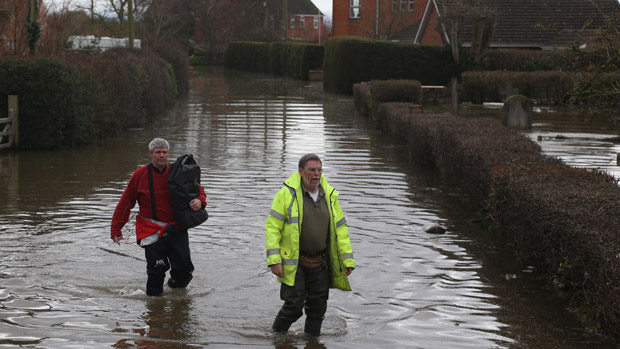
A free daily email with the biggest news stories of the day – and the best features from TheWeek.com
You are now subscribed
Your newsletter sign-up was successful
Coasts across parts of the UK were battered by a "super tide" this weekend, causing banks to burst in London and other areas.
Dozens of flood alerts were in place, with forecasters predicting waves of up to 50ft along the Bristol Channel. The River Thames burst its banks on Friday, with cars left submerged under several feet of water in west London, reported the Evening Standard.
But what exactly is a super tide and why does it occur?
The Week
Escape your echo chamber. Get the facts behind the news, plus analysis from multiple perspectives.

Sign up for The Week's Free Newsletters
From our morning news briefing to a weekly Good News Newsletter, get the best of The Week delivered directly to your inbox.
From our morning news briefing to a weekly Good News Newsletter, get the best of The Week delivered directly to your inbox.
What is a super tide?
Tides are governed by the gravitational pull of the moon and sun. When the sun and moon align, their gravitational pull causes larger than average tides, known as spring tides, which occur twice a month. At the same time, a much longer tidal cycle, associated with orbital changes and the tilt of the earth, also causes increases and decreases in the size of the tides over the course of 18.6 years, according to Dr Jason McIlvenny and Dr Philip Gillibrand of the Environmental Research Institute at the University of the Highlands and Islands. This longer astronomical cycle will reach its peak this year. When the peaks of the different cycles combine, a super tide can be seen.
When are the super tides due?
The largest tides were due to occur at the spring equinox (20-21 February) and are expected at the autumnal equinox (29-30 September), say McIlvenny and Gillibrand. The Sunday Times says there are expected to be about six periods of super tides in total this year, with larger tides also predicted on 20 March, 29 August and 27 October. The first one, in January, passed without incident.
A free daily email with the biggest news stories of the day – and the best features from TheWeek.com
Is flooding guaranteed?
No, the high tides will not necessarily cause flooding, unless combined with the effects of storm conditions. The Met Office explained on Friday: "It's important to realise that just because we are expecting big astronomical tides over the next few days, these won't cause the highest sea levels we've seen – even in the last few years. That's because the weather can have a much bigger impact on sea level than the 18-year tidal cycle."
An Environment Agency spokesperson also told the Daily Telegraph earlier this year: "High astronomical high tides do not lead to coastal flooding alone – it requires a combination of low pressure, strong winds and high tides. We will monitor the situation closely, working alongside partners, including the Met Office and local authorities, and will issue alerts and warnings if required."
-
 Political cartoons for February 16
Political cartoons for February 16Cartoons Monday’s political cartoons include President's Day, a valentine from the Epstein files, and more
-
 Regent Hong Kong: a tranquil haven with a prime waterfront spot
Regent Hong Kong: a tranquil haven with a prime waterfront spotThe Week Recommends The trendy hotel recently underwent an extensive two-year revamp
-
 The problem with diagnosing profound autism
The problem with diagnosing profound autismThe Explainer Experts are reconsidering the idea of autism as a spectrum, which could impact diagnoses and policy making for the condition
-
 Glacial outburst flooding in Juneau destroys homes
Glacial outburst flooding in Juneau destroys homesSpeed Read
-
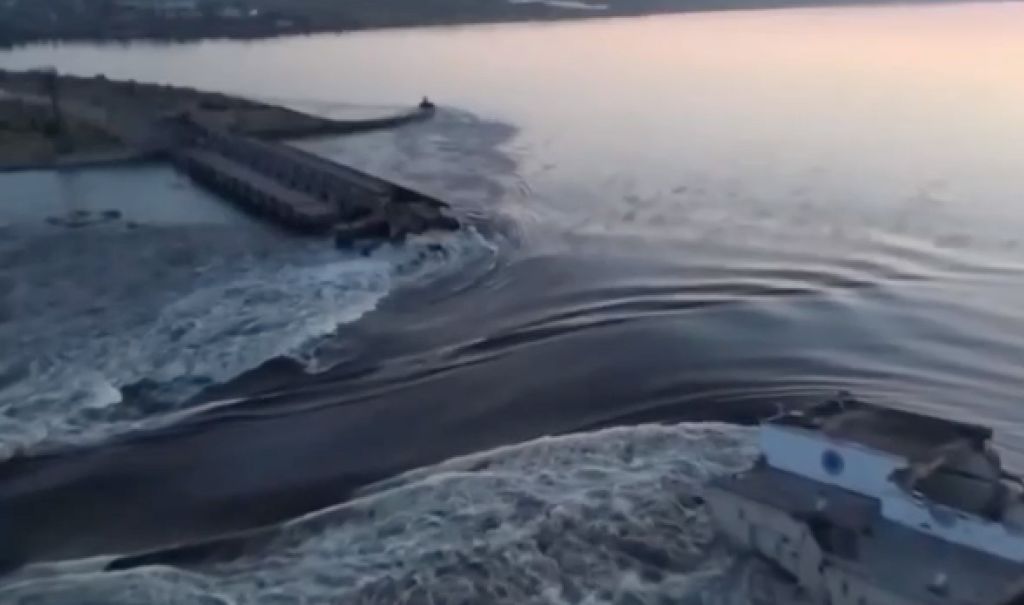 Ukraine blames Russia for destroying major hydroelectric dam 'in panic' as counteroffensive starts
Ukraine blames Russia for destroying major hydroelectric dam 'in panic' as counteroffensive startsSpeed Read
-
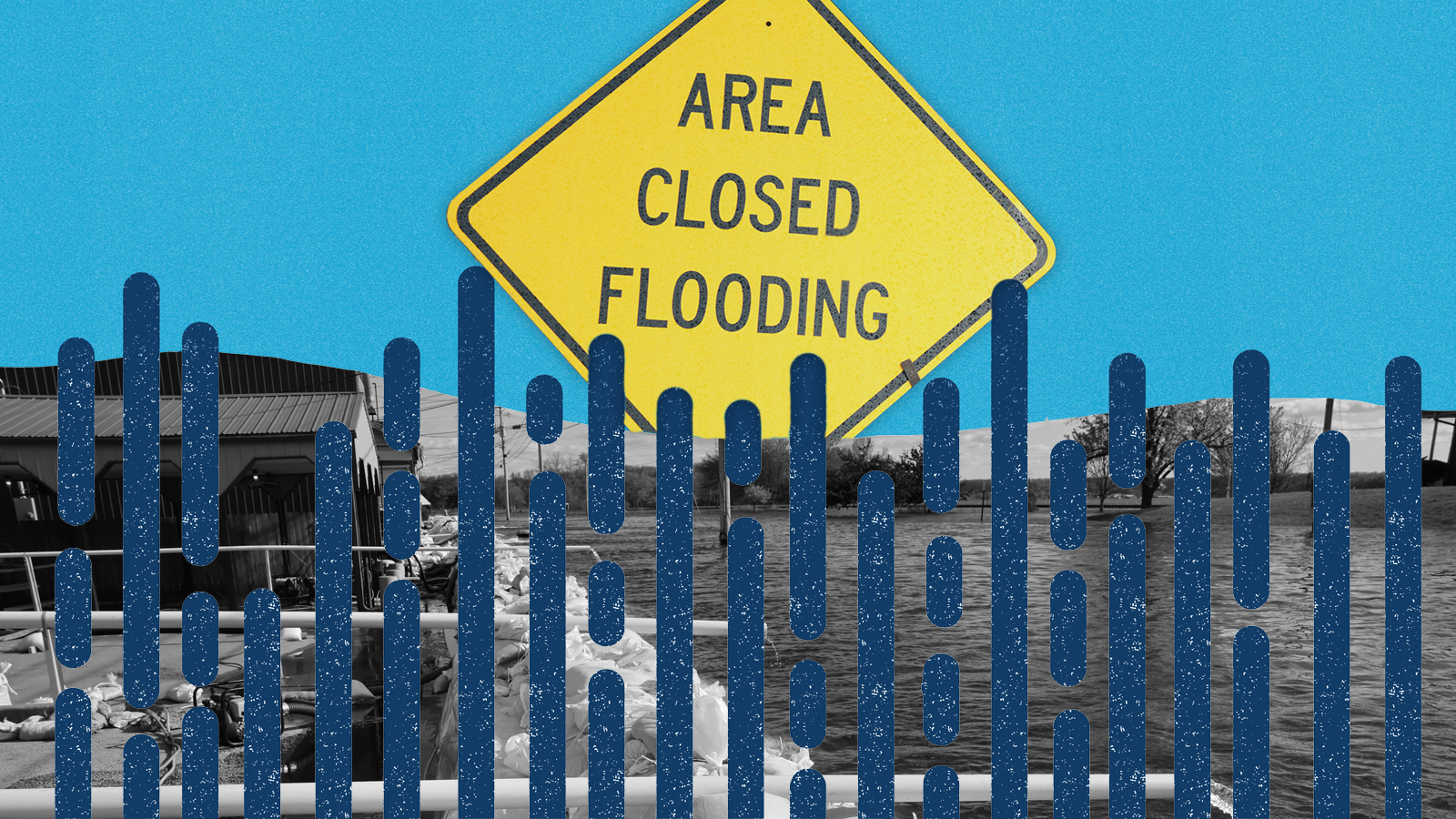 How bad are this year's Mississippi River floods?
How bad are this year's Mississippi River floods?Speed Read "Everybody's plan along the river has been put to the test"
-
 ‘The ‘party elite’ designed the rules - and alongside them the get-out clauses’
‘The ‘party elite’ designed the rules - and alongside them the get-out clauses’Instant Opinion Your digest of analysis and commentary from the British and international press
-
 Instant Opinion: men ‘getting away with murder’ using ‘rough sex defence’
Instant Opinion: men ‘getting away with murder’ using ‘rough sex defence’In Depth Your guide to the best columns and commentary on Friday 15 November
-
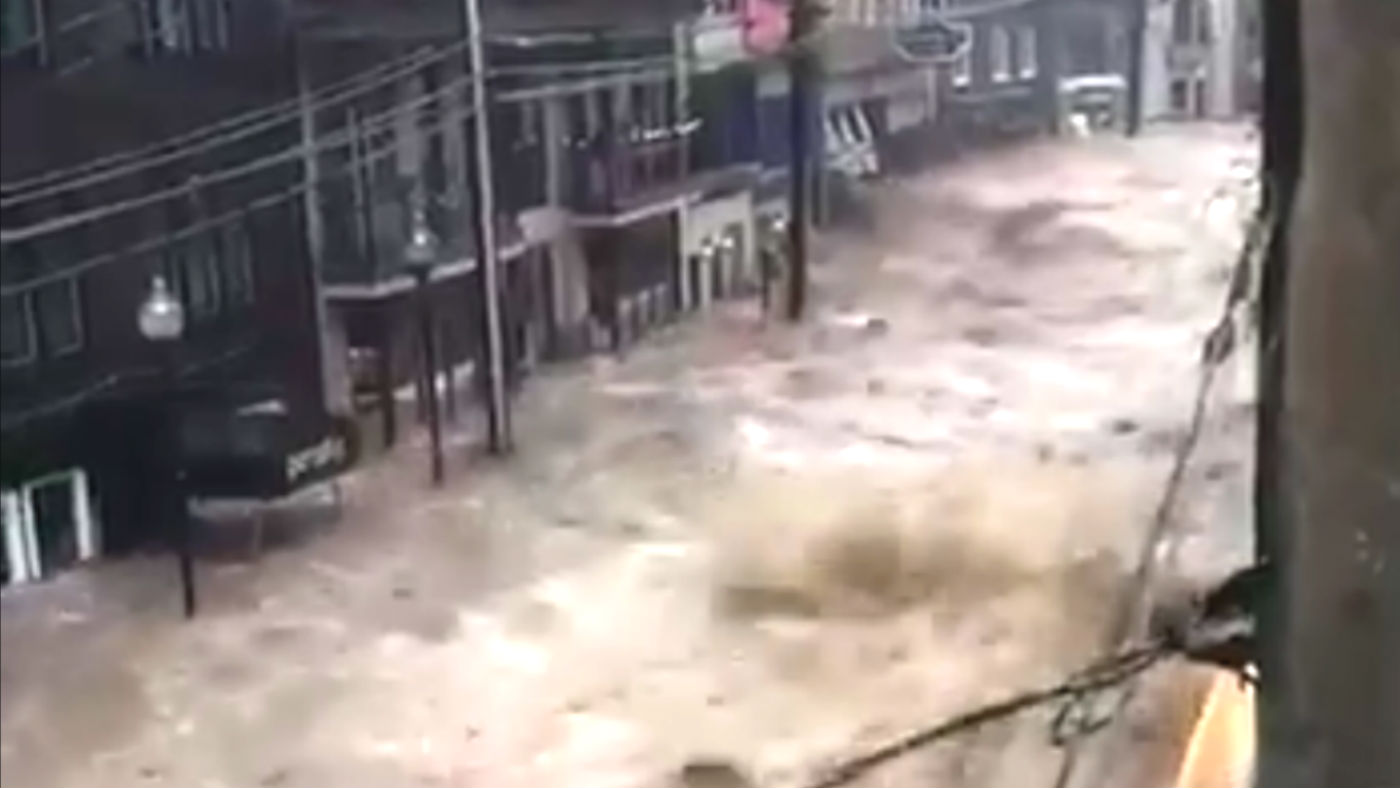 VIDEO: ‘Once in a millennium’ flood ravages Maryland town
VIDEO: ‘Once in a millennium’ flood ravages Maryland townSpeed Read National Guardsman missing after being swept away by rushing water in Ellicott City
-
 Almost a third of Tube stations 'at risk of flooding'
Almost a third of Tube stations 'at risk of flooding'Speed Read 'Only a matter of time' before heavy rainfall strikes London's transport network, report warns
-
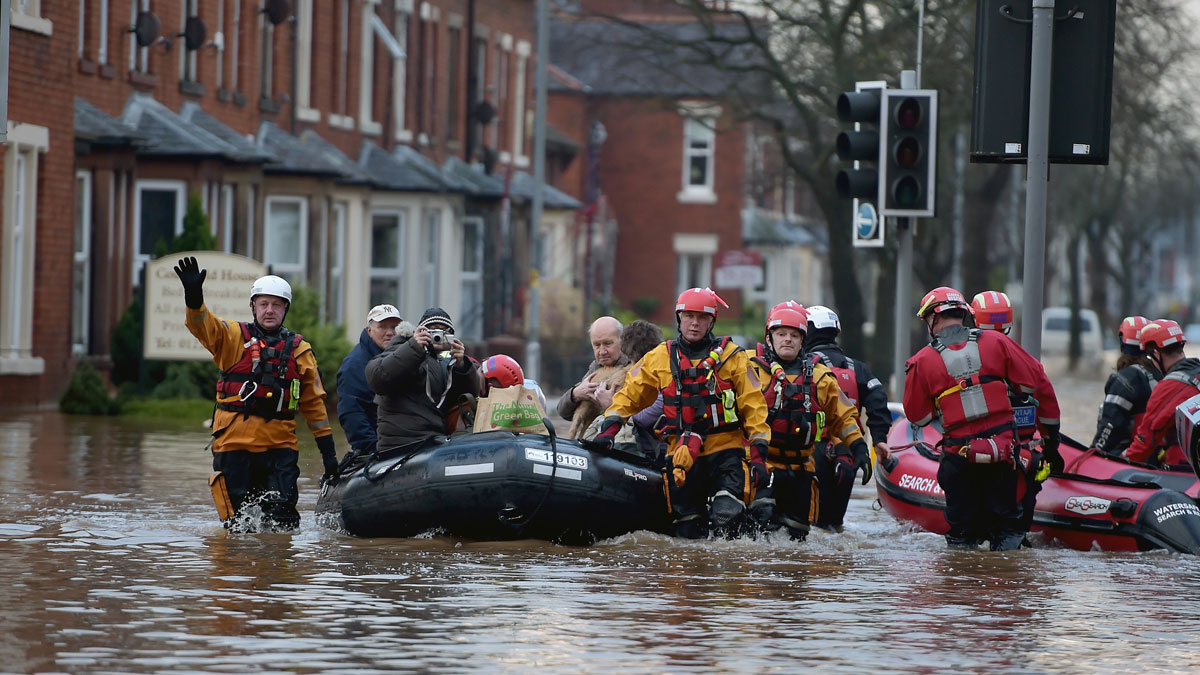 Cameron pledges £40m to bolster 'overwhelmed' flood defences
Cameron pledges £40m to bolster 'overwhelmed' flood defencesSpeed Read Extra spending comes after claims of 'full-level mismanagement' at Environment Agency